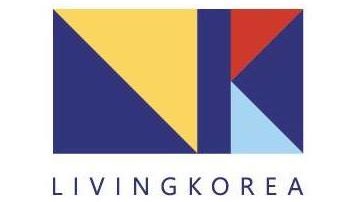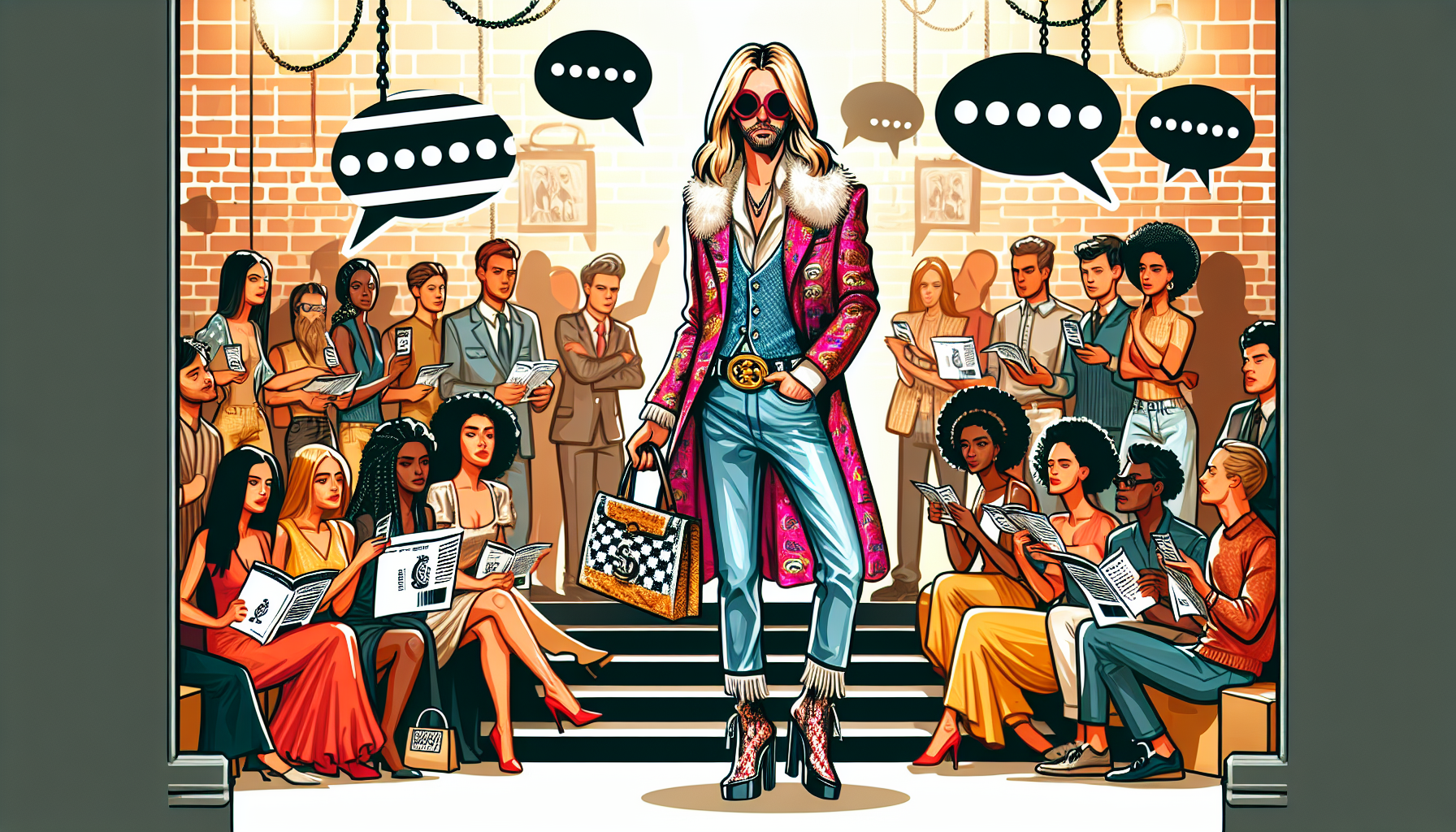The Curious Case of Hyoyeon's Fashion Statement: Real or Faux?
Introduction: What's Real in the World of Luxury Fashion?
In a world where luxury is often equated with status, what happens when a celebrity openly admits to wearing counterfeit high-end fashion? This intriguing question springs from a recent revelation by Girls' Generation's Hyoyeon, who confessed on a popular Korean radio show that some of her luxury fashion items are not the real deal. Let’s dive into the details of this unexpected confession and explore the broader implications of wearing faux luxury goods.
Hyoyeon's Surprising Confession
During an appearance on the SBS Power FM show "Cultwo Show," K-pop star Hyoyeon made headlines for admitting to wearing counterfeit fashion items. The confession came when fellow guest and rapper Bbaek Ga pointed out what he believed to be a PRADA logo on Hyoyeon’s jacket. She surprised everyone by admitting, “This is fake.” Her candid admission sparked immediate buzz, particularly given her public persona as a member of one of the most iconic K-pop groups, Girls' Generation.
Hyoyeon’s honesty was met with mixed reactions. While some praised her for being down-to-earth, others raised eyebrows, questioning why someone with such financial means (an estimated net worth of $5 million) would choose counterfeit over genuine luxury. This poses an interesting question about authenticity and personal choice in fashion, particularly amongst celebrities.
The Implications of Wearing Counterfeit Goods
Wearing counterfeit goods, while seemingly innocuous, has serious legal and ethical implications. South Korean law is strict about the import and sale of counterfeit items, with penalties that can include hefty fines and imprisonment. However, personal use of small quantities is generally overlooked, though it raises moral dilemmas.
Hyoyeon's admission brings to light the personal freedom one exercises over their own fashion choices versus the responsibilities that come with public influence. While she expressed a personal approach to wearing fakes, public figures like her inadvertently set trends and influence a massive audience. This dual role of both consumer and influencer adds layers to the conversation about counterfeit products.
The Celebrity Influence on Fashion Choices
Celebrities have long influenced fashion trends. Their choices—whether intentional or accidental—serve as blueprints for fans worldwide. Hyoyeon's case is no different. As she openly admits to mixing authentic items with counterfeits, she's perhaps implicitly normalizing the practice. This could lead fans to replicate not only her fashion style but also her approach to luxury branding—prompting a broader understanding of authenticity versus style.
For example, consider previous incidents where celebrities have faced backlash over similar admissions. Song Ji-ah, a Netflix reality show star, experienced public condemnation after admitting to wearing knock-offs, leading to a temporary hiatus from the public eye. Hyoyeon’s disclosure might face the same scrutiny, or it could indicate a shift towards more nuanced discussions around personal fashion choices.
The Phenomenon of Faux Fashion
The world of fashion is as complex as it is creative. The use of counterfeit goods represents only one aspect of this multifaceted industry. Does wearing counterfeit equate to a betrayal of personal brand, or is it simply an expression of one's style sans financial burden?
For many, genuine high-end fashion represents a status symbol, while others see fashion as more about expression than authenticity. This dichotomy is at the heart of the counterfeit fashion conundrum. Hyoyeon's outfit choice exemplifies how style may often take precedence over brand authenticity, especially when the quality and style speak for themselves beyond the logo.
The Broader Cultural Reflection
Beyond individual fashion choices, Hyoyeon's disclosure offers a broader reflection of cultural attitudes towards luxury and authenticity. In South Korea, where brand popularity often overshadows personal style, this revelation might spark conversations about the relevance—or irrelevance—of labels.
This shift can also relate to global trends where the "dupe culture" is thriving, fueled by social media influencers who often promote high-quality replicas as affordable alternatives to high-end goods. The cultural acceptance of dupes, integrating fake and real, can de-stigmatize wearing fakes and encourage fashion freedom, albeit still controversially.
The Legal Side of Counterfeit Fashion
Legalities surrounding the counterfeit fashion industry are clear-cut yet complex. While personal use might skirt the law, the consequences could still be significant for those publicly admitting to using such items. Importantly, brands like PRADA, impacted by counterfeiting, stand at the forefront of legal battles to protect intellectual property rights.
Hyoyeon's bold admission could be seen as an unwitting challenge to these norms, drawing attention to the ideas of ownership and originality in fashion. Yet, this is not just a legal issue but also an economic one, affecting businesses and economies on a macro level. The deflection of funds from genuine products to the counterfeit industry can impact innovation and brand integrity.
Conclusion: Navigating the Complex World of Fashion Choices
Ultimately, Hyoyeon's candid confession is more than just a story about a K-pop idol with a few fake jackets. It's a doorway into a broader dialogue about consumer behavior, celebrity influence, cultural norms, and legal frameworks. Whether this will spur a shift in how fans and the public view counterfeit goods or become a catalyst for stricter regulations remains to be seen.
As consumers, the important takeaway is to remain informed and reflective about our choices. What values do we project through our fashion? And how do those choices impact more than just our wardrobes? Let’s continue the conversation: What does authenticity mean to you in the world of fashion and beyond?
Call to Action: As we explore these nuanced discussions, we’d love to hear your thoughts. How do you view the use of counterfeit items in fashion? Is authenticity in branding important to you, or is style the ultimate statement? Share your views in the comments!

